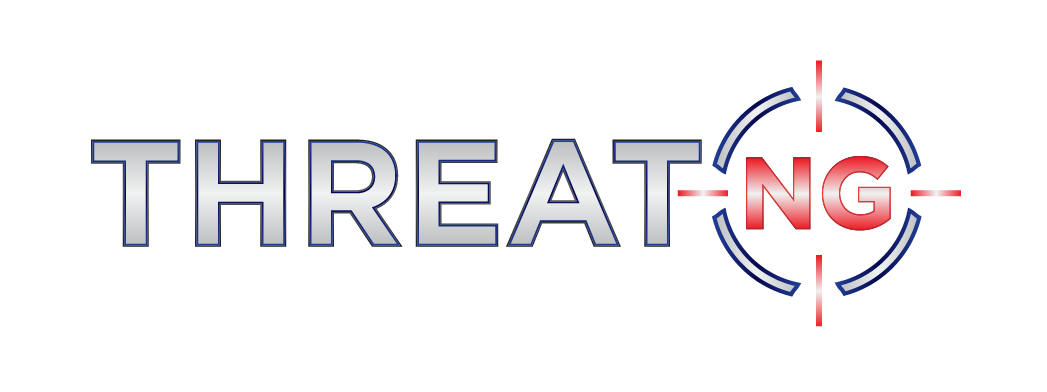Healthcare ESG Violation
A "Healthcare ESG Violation" refers to actions or incidents where a healthcare organization or entity fails to uphold standards related to Environmental, Social, and Governance (ESG) criteria within the healthcare industry. These violations involve practices or behaviors that negatively impact environmental sustainability, social responsibility, or governance practices within healthcare operations, services, or supply chains.
Here are some examples of Healthcare ESG Violations:
Environmental Impact: Violations related to environmental impact in healthcare may include improper disposal of medical waste, excessive energy consumption, pollution from healthcare facilities, or the use of hazardous chemicals or materials in healthcare processes.
Social Responsibility: Violations in social responsibility within healthcare can encompass issues such as patient safety concerns, inadequate access to healthcare services, discrimination in healthcare delivery, or unethical treatment of patients or employees.
Governance Practices: Governance violations in healthcare may involve corruption, conflicts of interest, non-compliance with healthcare regulations or standards, or lack of transparency in healthcare operations or decision-making processes.
The relevance of Healthcare ESG Violations to security and cybersecurity lies in their potential to create significant risks and vulnerabilities within the healthcare sector:
- Patient Safety and Data Security: Healthcare ESG Violations can compromise patient safety and data security, leading to breaches of sensitive medical information, identity theft, or unauthorized access to patient records. Failure to adhere to governance standards or social responsibility principles may result in inadequate security measures, putting patient data at risk of cyberattacks or privacy breaches.
- Legal and Regulatory Compliance: Healthcare organizations are subject to strict regulations and standards governing patient care, data privacy, and healthcare practices. Violations of ESG criteria in healthcare can lead to legal liabilities, fines, regulatory sanctions, or loss of accreditation, jeopardizing the organization's reputation and financial stability.
- Reputational Damage: Healthcare ESG Violations can damage the reputation and trust of healthcare organizations among patients, stakeholders, and the public. Negative publicity surrounding environmental, social, or governance standards violations can erode patient confidence, impact patient retention, and deter potential patients or investors.
Healthcare ESG Violations pose significant risks to healthcare organizations and the individuals they serve. Addressing these violations requires a comprehensive approach to security, compliance, and governance within the healthcare sector, encompassing environmental sustainability, social responsibility, and ethical practices in healthcare operations and services.
An integrated solution like ThreatNG, comprising External Attack Surface Management (EASM), Digital Risk Protection (DRP), and Security Ratings, with the ability to measure Environmental, Social, and Governance (ESG) Exposure, offers several benefits for addressing Healthcare ESG Violations. Here's how it works and its synergy with other security and Governance, Risk, and Compliance (GRC) solutions:
ESG Exposure Measurement: ThreatNG's capability to measure ESG Exposure allows healthcare organizations to assess their performance against ESG criteria, including factors relevant to environmental sustainability, social responsibility, and governance practices. It also allows firms to pinpoint problem areas and set priorities for addressing Healthcare ESG Violations, such as cutting down on medical waste or enhancing patient safety protocols.
Searchable ESG Violations Intelligence Repository: ThreatNG provides a searchable repository of ESG violations intelligence, allowing healthcare organizations to access historical data on Healthcare ESG Violations. This repository enables organizations to identify patterns of behavior, track repeat offenders, and take proactive measures to address violations, such as implementing corrective action plans or enhancing compliance programs.
Sentiment and Financials Investigation Module: ThreatNG's investigation module analyzes sentiment, financial data, and public chatter to uncover Healthcare ESG Violations, aliases, funding information, public filings, chatter, layoff chatter, negative news, and lawsuits related to healthcare organizations. By leveraging this module, healthcare organizations can identify non-compliance with ESG standards, unethical practices, or governance issues and take appropriate action to address them.
Complementary to Other Security and GRC Solutions:
- Integration with GRC Solutions: ThreatNG integrates seamlessly with existing GRC solutions to provide a more comprehensive view of Healthcare ESG Violations. By combining ThreatNG's capabilities with GRC platforms, healthcare organizations can align their cybersecurity practices with broader ESG goals and regulatory requirements, ensuring compliance with healthcare regulations such as HIPAA.
- Collaboration with Healthcare IT Systems: ThreatNG can integrate with Healthcare IT systems to enhance security and compliance efforts. For example, integrating ThreatNG with Electronic Health Record (EHR) systems allows healthcare organizations to monitor and protect patient data, detect potential breaches, and ensure compliance with data privacy regulations.
- Incident Response and Mitigation: ThreatNG's capabilities help healthcare organizations enhance incident response and mitigation efforts related to Healthcare ESG Violations. By quickly identifying non-compliance or unethical behavior, healthcare organizations can take proactive steps to investigate, remediate, and prevent future violations, safeguarding patient safety and trust.
- Risk Assessment and Reporting: ThreatNG's ESG Exposure measurement and intelligence capabilities contribute to more robust risk assessment and reporting processes related to Healthcare ESG Violations. By incorporating ESG factors into risk assessments, healthcare organizations can provide stakeholders with a comprehensive view of cybersecurity risks and their impact on environmental sustainability, social responsibility, and governance practices.
With its emphasis on evaluating ESG Exposure and identifying Healthcare ESG Violations, ThreatNG's all-encompassing approach to cybersecurity assists healthcare businesses in addressing and mitigating the risks associated with non-compliant or unethical operations. By integrating with other security and GRC solutions, ThreatNG enhances the effectiveness of cybersecurity measures while ensuring alignment with broader ESG goals and regulatory requirements in the healthcare sector.

